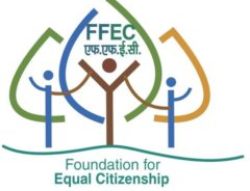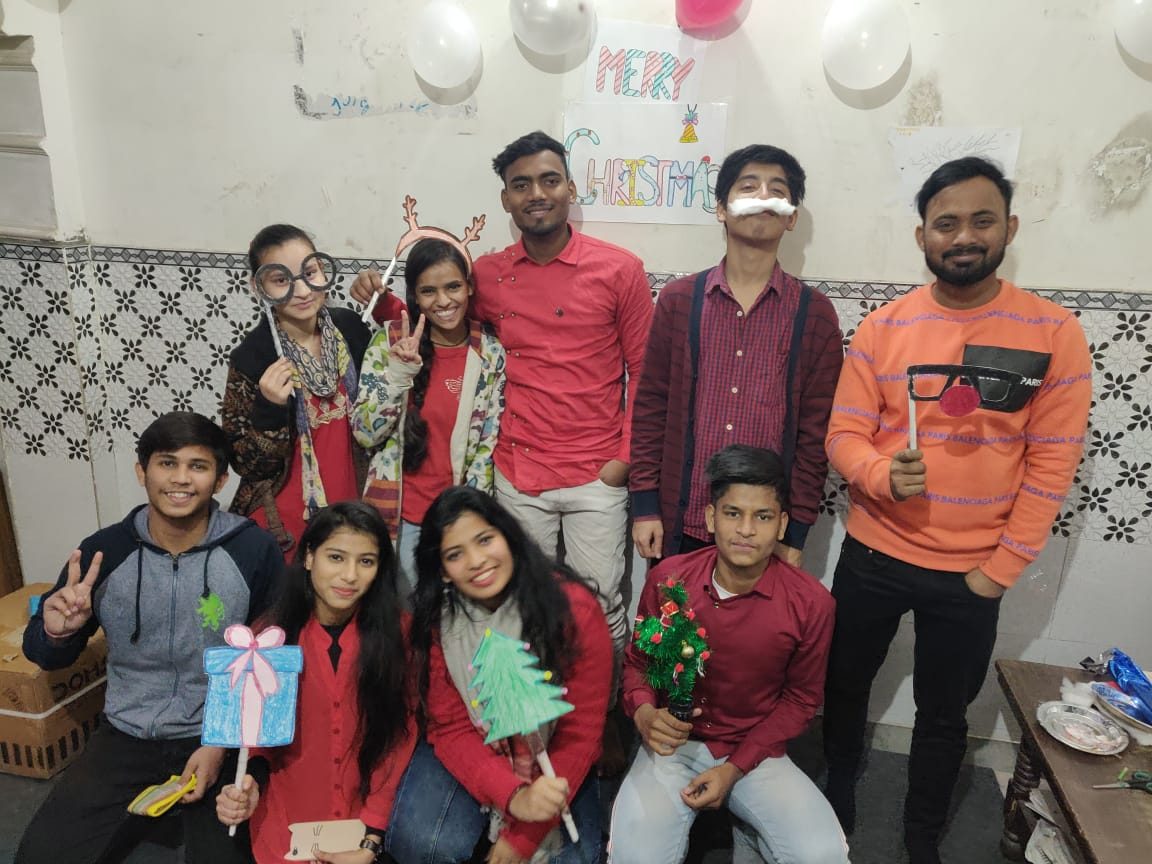Easing Accessibility of Education: The Missing Cog in the Machinery of Indian Education System
By Bilal Mahmood & Harsh Shukla
Education has been an institution which is fundamentally rooted in a paradox; it is one of the most widely dispersed social phenomena yet the most unavailable, massively disenfranchised and unequal activity in practice.The ramifications of not acquiring education are in extremes as it has the power to eventually, on an individual level emancipate you and on a community level emancipate your community; it is important to understand that acquiring education plays an active role in uplifting a person’s socio-economic capital because it improves their living condition by exposing them to the importance of concepts like health, hygiene, food and other basic necessities of life.
Pandemic worsened an already disenfranchised education sector in India when it got mixed with the technological divide. It exposed the vulnerabilities of the education sector in India and how little concern is given towards easing its accessibility. The real goal of education shouldn’t be just accessibility to education, but easing the accessibility as the latter would increase the probability of children from the marginalized sections of the society to achieve higher levels of education, hence creating conducive conditions for them to emancipate themselves. Although the Delhi government schools offer subsidized education, expenses such as uniforms and stationary are often a stretch for these families.
In my interaction with the kids in Trilokpuri, a small locality in East Delhi I got to know about the disenfranchisement and hardship the pandemic brought on them which erratically affected their education. Their story has layers of social issues which restricts them from making the best use of education, heightened by the hurdles the pandemic brought upon them.
Majority of the people in the Ambedkar Camp in Trilokpuri work in the informal sector as daily wagers. During the lockdowns they were left jobless with no income to bring back home and struggled to even feed their families. Many kids I interacted with pointed out that this financial crisis had a negative impact on their mental health and weakened their focus on studies. Iqra, who gave her 12th class board exams this year said, “jab ghar pe halat theek nahi honge, toh focus karna mushkil ho jata hai.” (When conditions aren’t good at home it becomes difficult to focus).
Since schools were closed during the pandemic, the only option for continuing education was through online classes. In addition to regular expenses, the cost of education went further up as it required electronic devices and the internet. In a scenario where the parents’ priority was to provide basic necessities like food and shelter, providing digital access to all their children for education was almost impossible. .
Through my interactions I learnt that many of these kids have siblings who also had their online classes at the same time. With just one smart device available at home, they had to share the device which resulted in them missing their classes. In many homes, the single device belonged to a parent who was not home at the time of the online classes, creating further backlog as 18 year old Zohaib observed, “bohot se baccho ke paas khud ka phone nahi tha toh jab unke ghar ka woh member bahar kaam se nikal jaata tha toh phone bhi leke jaata tha aur classes chut jaati thi” (A lot of kids didn’t have a phone of their own, when a member of the house used to go out for some work they would take the phone with then and as a result classes would get missed).
Akbar, who manages the operations at Foundation for Equal Citizenship’s Kadam Learning Center in Trilokpuri where I conducted these focus groups pointed out how costly internet packages are and how difficult it became for these families to manage their data throughout the day with so many classes going on. For these kids, who are battling many social and economic challenges, online education brought massive mental fatigue, with no friends to interact or meet during classes.
Flexible class timings posed new problems to them as they started as early as 7 in the morning and as late as around 9 in the night when they often had other household chores to work on. Also, with little to no guidance or experience in using digital tools, they faced difficulties in manoeuvring apps like Google Meet or Zoom for classes. Zohaib noted, “hamko apps ka itna advanced pata nahi tha joh dosto ne bata woh samjh lete the aur baaki cheezon pe wait karte the ki dost log bata de” (Many of them had no idea about the apps for online classes and they had no one to turn for help other than their peers who themselves had little or no idea). One of them even pointed out that due to frustration they considered taking a year’s gap as it became so difficult to bear the pressure due to their circumstances.
They were disappointed with their teachers and felt disconnected from them because they couldn’t provide extra support to the kids. At the same time they were understanding and sympathetic as they felt that it was logistically impossible for them to give attention to each and every kid on online mode while appreciating the teachers who ran the extra mile. Instead, many had to take the help of Akbar on how to use these apps.
Some told the stories of how some kids had to leave their schooling because their family’s income earners passed away during the pandemic, unfortunately forcing them to take up the responsibility of making a living. One of them mentioned how they had to basically study on their own from books because they missed so many classes they had no idea what was being taught in school. The Delhi government schools did provide worksheets for those students who could not afford online education however they did highlight their disappointment on how things could have been better in that regard and how lack of interaction clearly restricted them gaining knowledge from what they were studying.
We also interacted with marginalized sections of students and the effect it had on them. Many students, being a part of socio-economically weaker minority like Muslims, OBC, SC and ST community pointed out that things aren’t easy for them as they are the first generation studying with no elder to guide them. There is also the intersectionality of discrimination on female students as they have to bear the brunt of patriarchy, with their brothers’ education being prioritized over theirs including providing best of the resources to their brothers/male members of the family. The sad reality of patriarchy has affected them since epoch, however, during the pandemic it got further exacerbated as college going Mahek said, “Ladkiyo ko zyaada mushkil hoti hai kyuki kuch gharon mai ladko ke education ko prioritise karte hai toh aise mai ladkiyo ki classes chudwake ghar ke ladko ki classes karwate the” (Girls faced more difficulty because in some houses the education of the boy is prioritised more over the girls of the house, as boys are given all support to attend the classes at the cost of them)
The bright side of my interaction apart from usual jokes and banter with them was that they were quite appreciative of how offline classes have made things easier for them especially after the horror of online mode of education which definitely pointed out the technological divide and dichotomy which exists in a highly disparate socio-economic class which exits in the Indian society. Surely, for some online education didn’t mean the end of their accessibility but the conditions it imposed on these kids and the ease of accessibility which they didn’t have doesn’t do justice to them and was extremely unfortunate as it left them vulnerable to all sorts of difficulties and insecurities.
The bottom line is that education is of little or no help for an individual or community if acquiring it is filled with hardships which is why ease of accessibility to education is very important.

